BAGHDAD — More than 19,000 prisoners have been released in Iraq so far this year under a broad new amnesty law that eases prison crowding and frees some people convicted of terrorism-related crimes, judicial authorities said Tuesday.
The amnesty covers some people convicted of the terror-related offense of membership in the Islamic State group, which had been seen by Sunni Muslims as disproportionately targeting their community. However, anyone convicted of a killing in connection with terrorism-related charges is not eligible for the amnesty. Other crimes covered under the amnesty include corruption, theft and drug use.
The number of releases were announced following a meeting Tuesday in Baghdad among top judicial officials led by the head of the Supreme Judicial Council Faeq Zeidan to discuss the implementation of the new law, passed earlier this year.
A statement released after the meeting said that 19,381 inmates were released from prisons during the first four months of the year. It added that the overall number of beneficiaries of the law, including those sentenced in absentia, those released on bail and those with outstanding arrest warrants, reached 93,597.
Iraq’s prisons face a crisis of overcrowding, with the justice minister saying earlier this month that the country’s 31 prisons hold about 65,000 inmates despite being built to hold only about half that number.
Thousands more detainees remain in the custody of security agencies but have not yet been transferred to the Justice Ministry due to a lack of prison capacity.
Among provisions of the new law adopted in January is that some people convicted of terrorism charges can ask for a retrial if they assert that their confessions were taken under duress while in detention.
The general amnesty law had strong support from Sunni lawmakers who argue that their community has been targeted by terrorism charges, with confessions sometimes extracted under torture.
Thousands of detainees held in the country are linked to the Islamic State group, which was defeated in Iraq in 2017. Some former members of the extremist group were executed for their acts while they controlled large parts of the country.
All executions have been halted under the general amnesty law.
Iraq has faced criticism from human rights groups over its application of the death penalty and particularly over mass executions carried out without prior notice to lawyers or family members of the prisoners.
iraq-says-more-than-19000-prisoners-have-been-released-under-a-new-amnesty-law


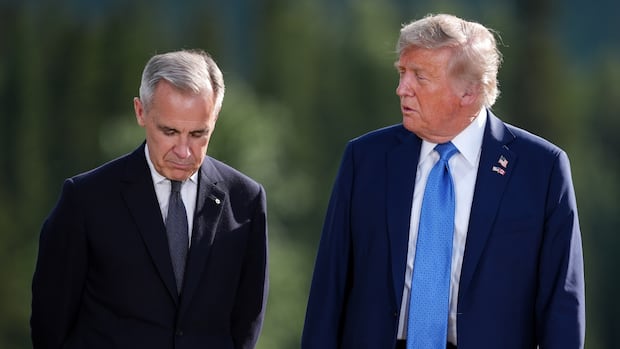

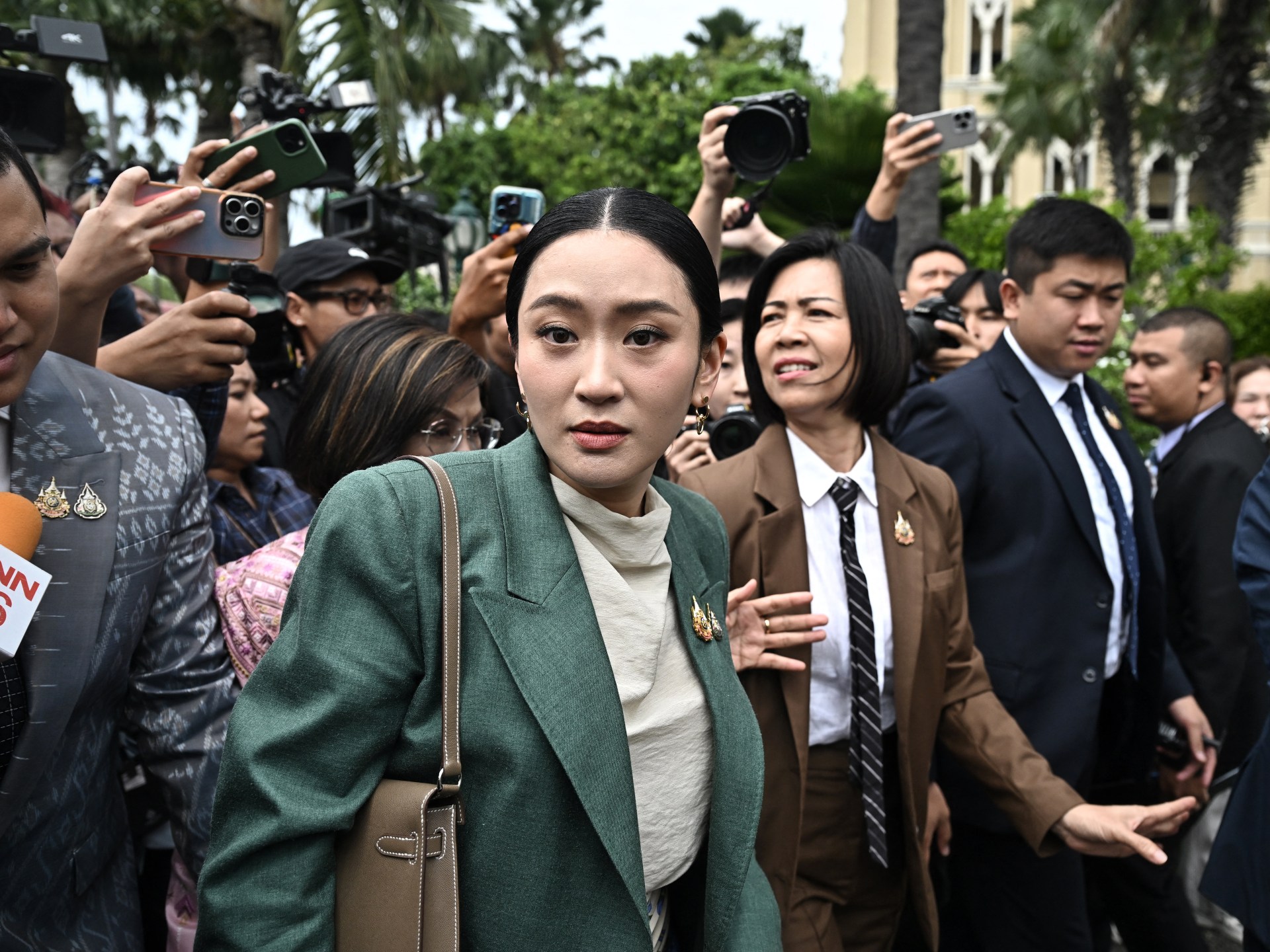

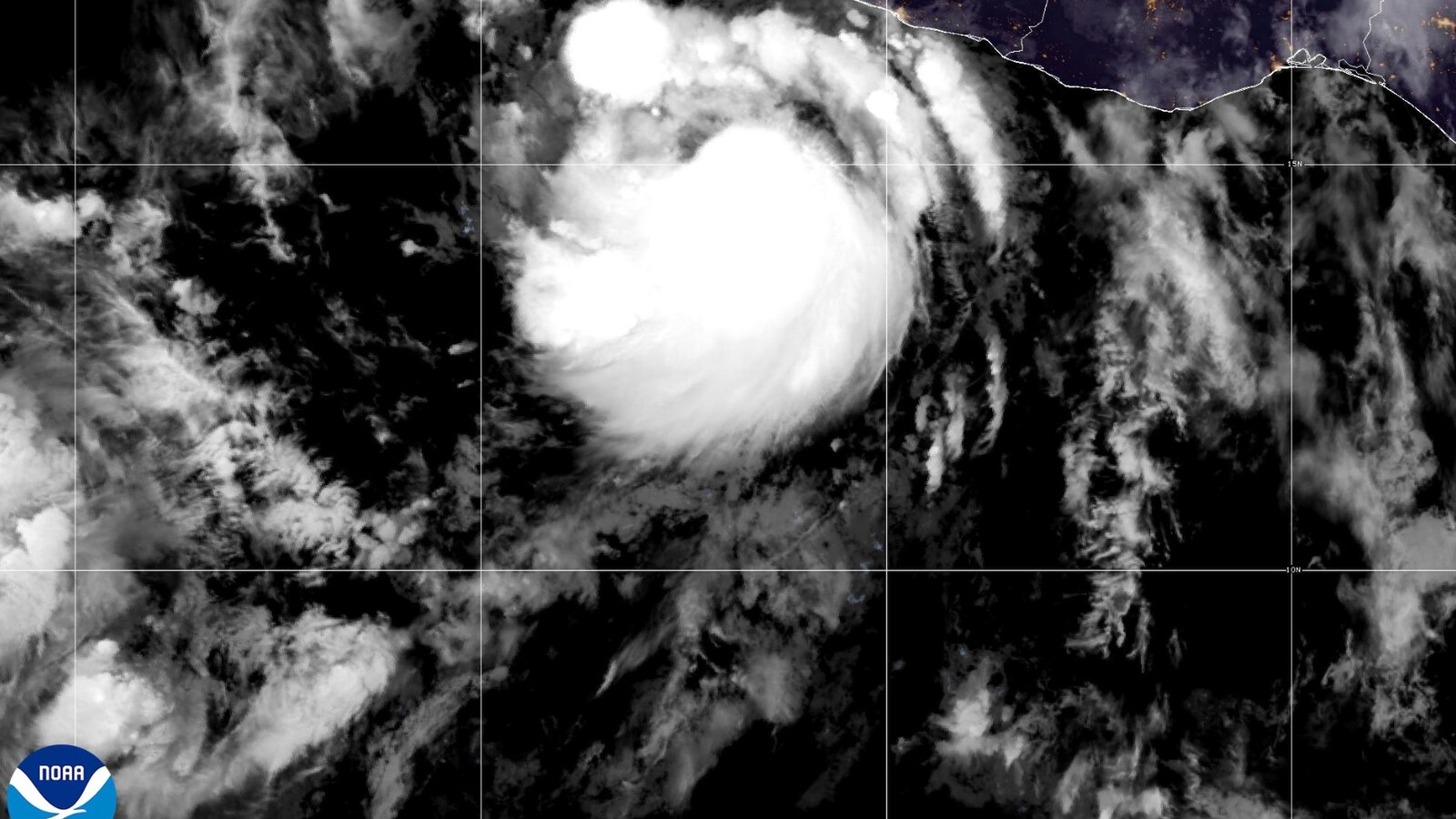

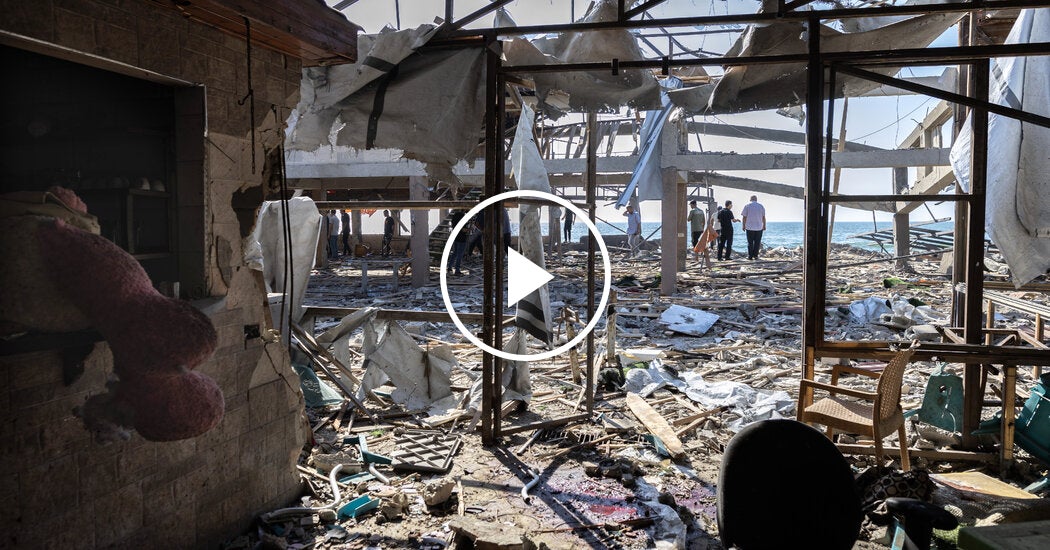

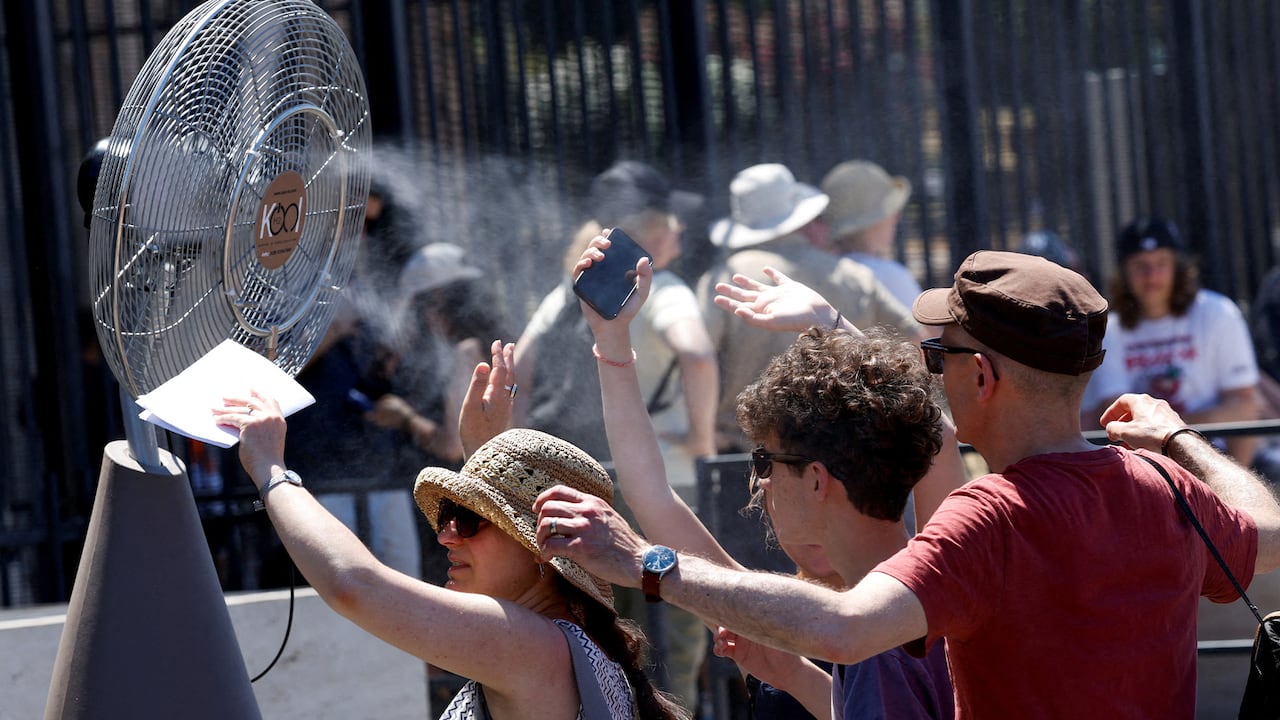




Leave a Reply